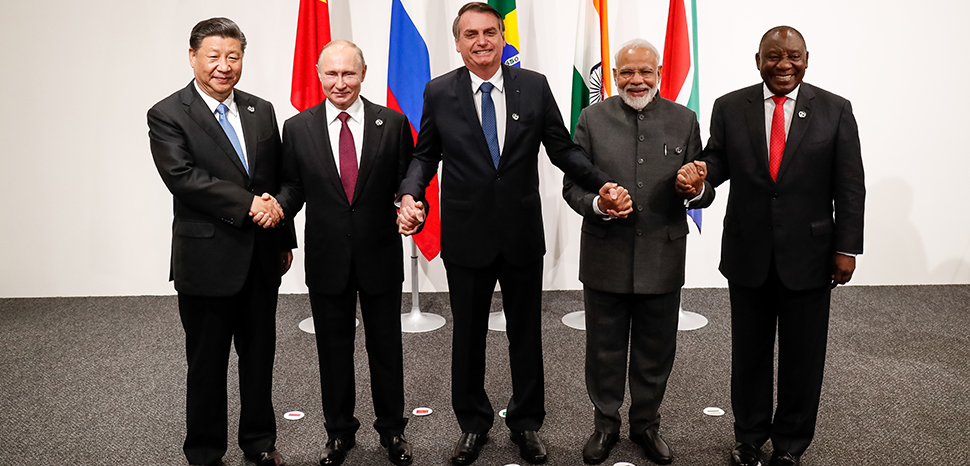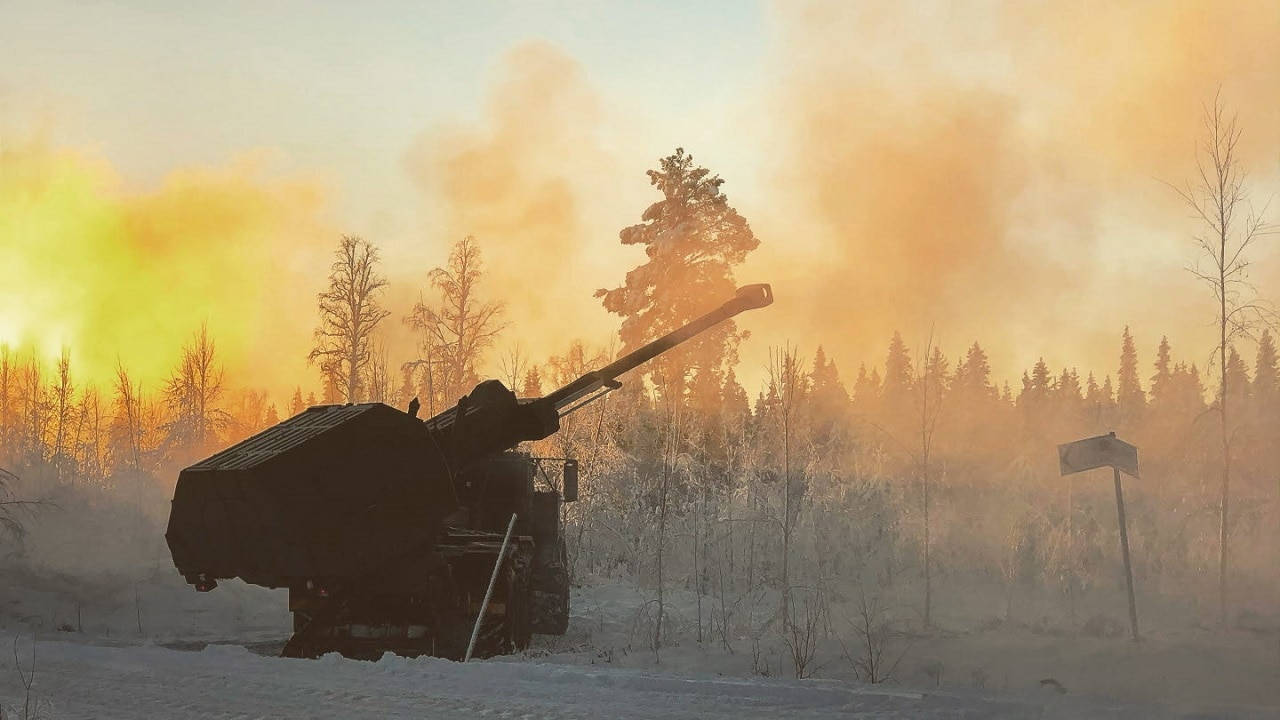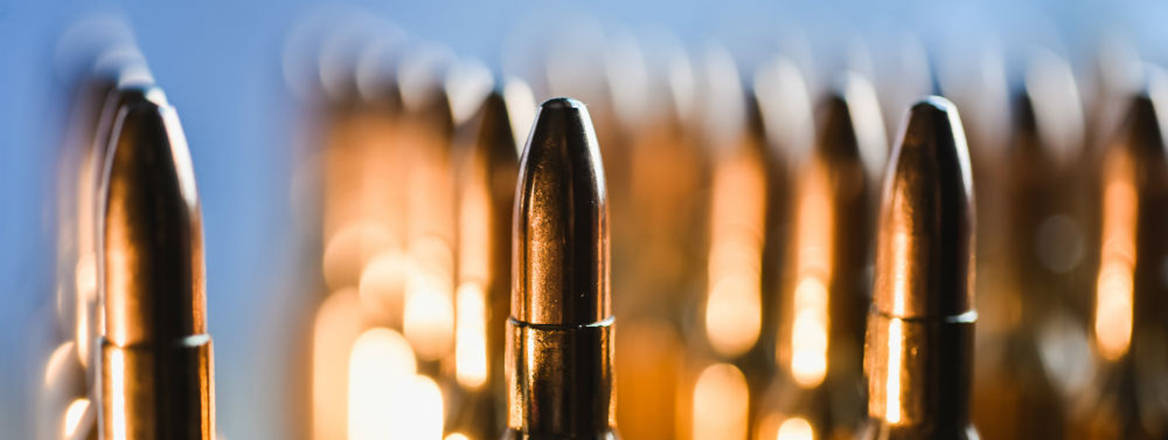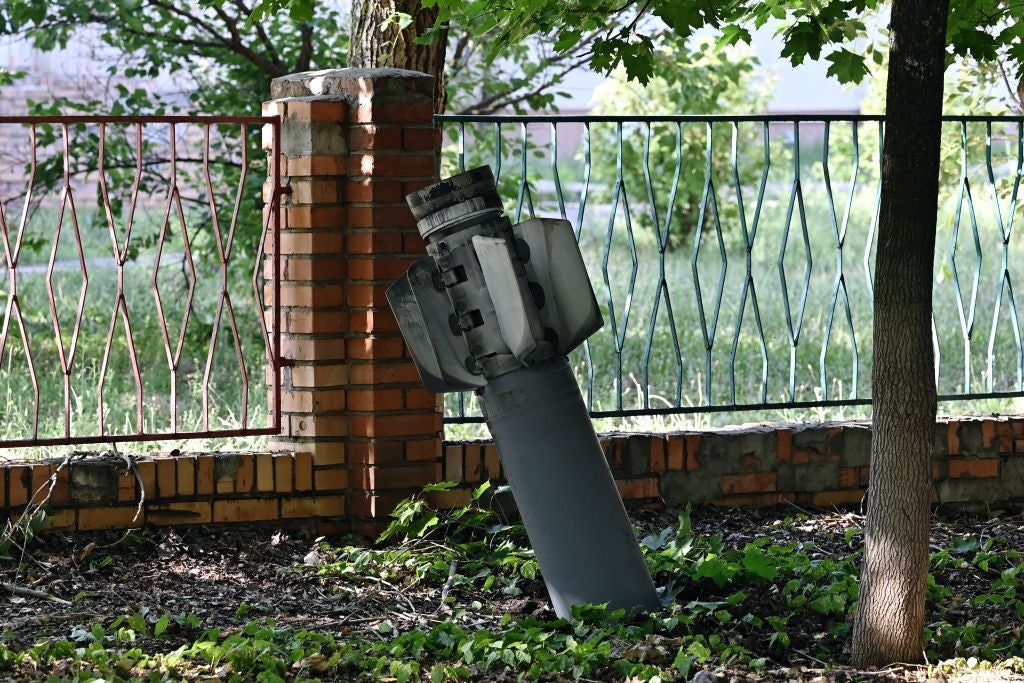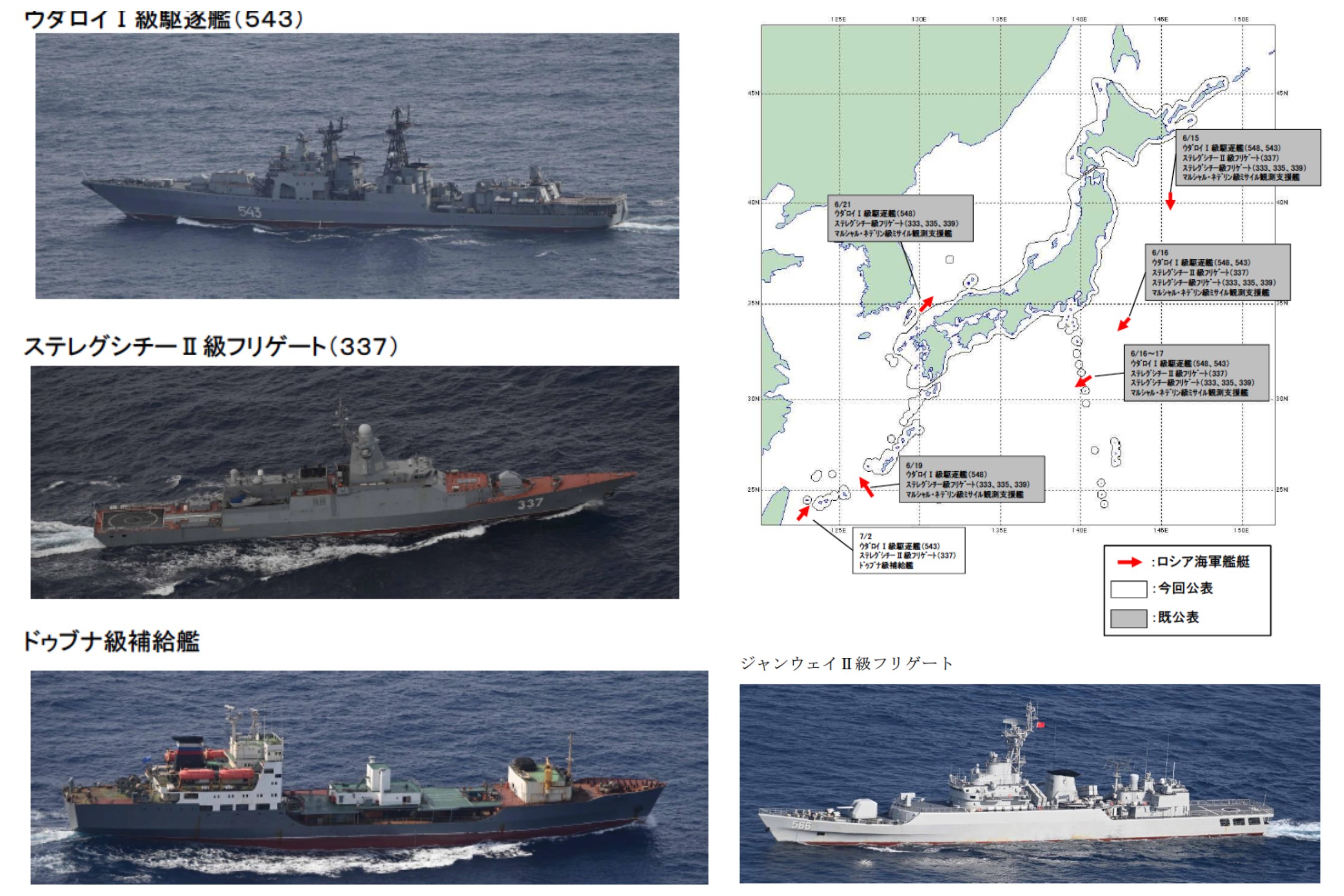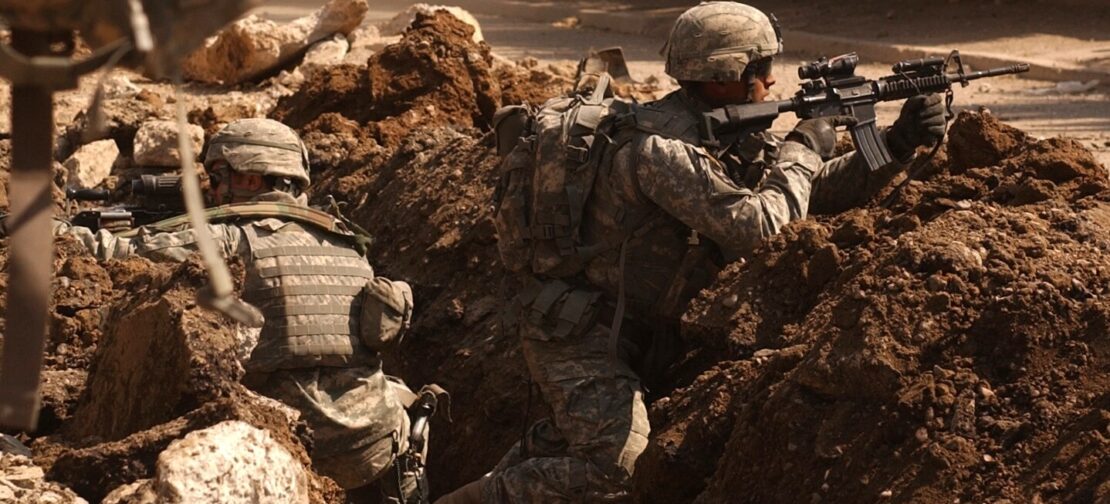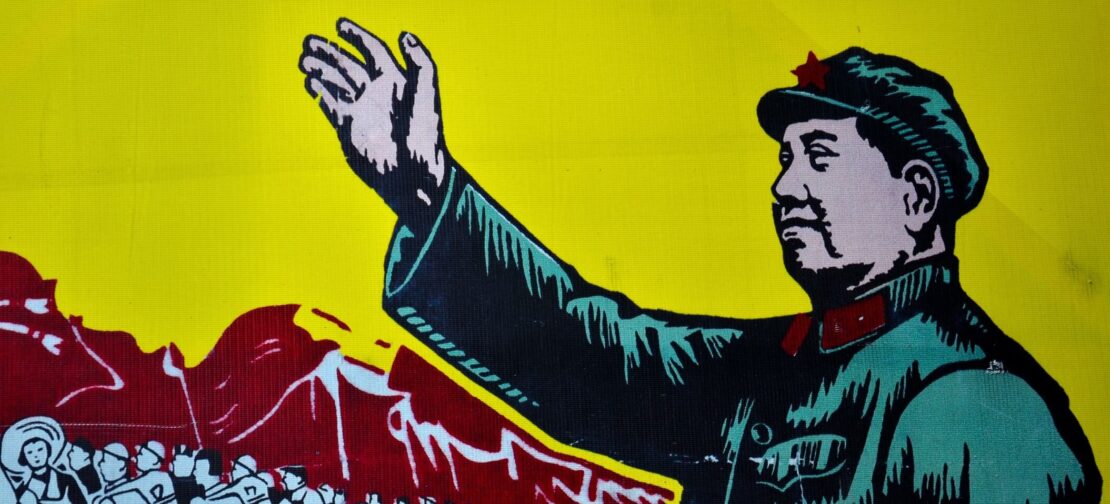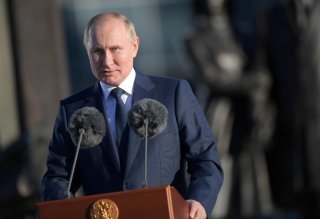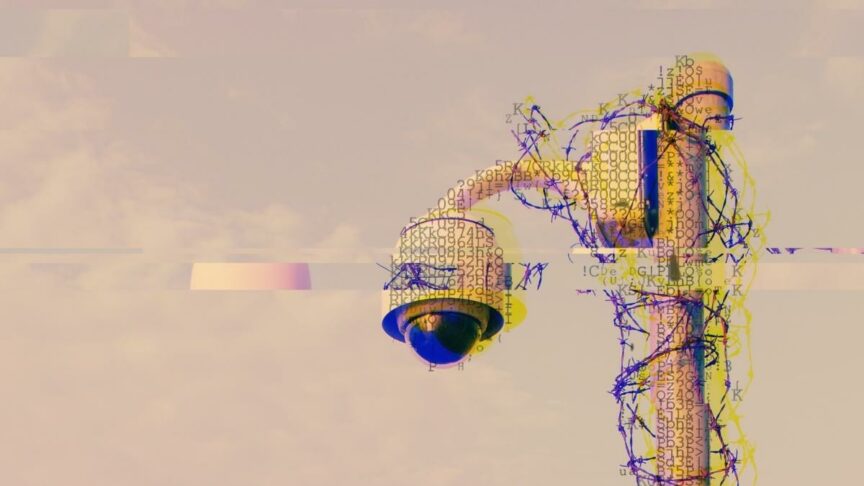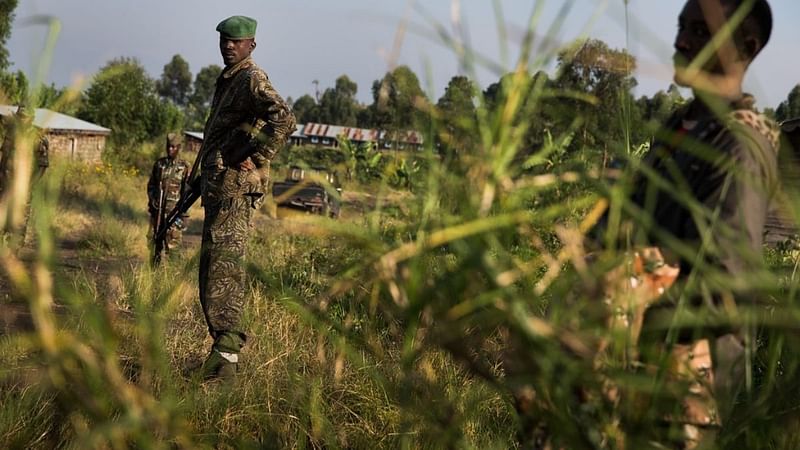Jose Miguel Alonso-Trabanco
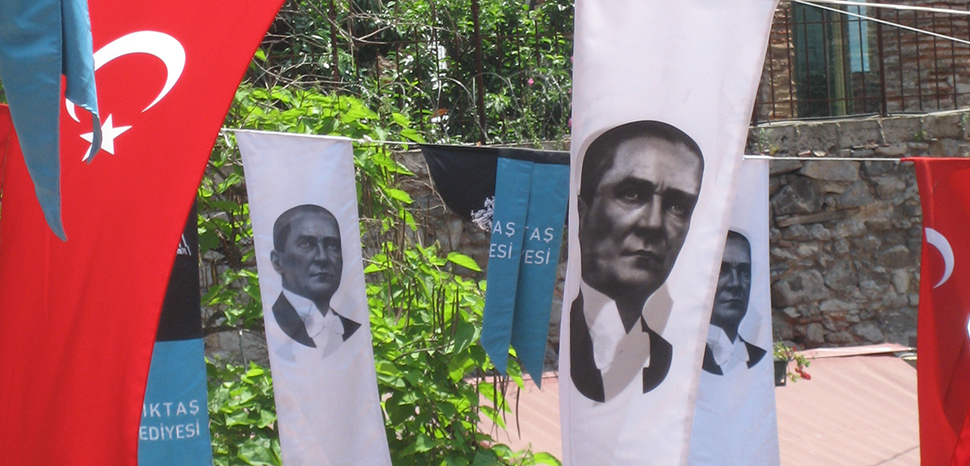
The world order is likely going to be rewritten as a result of the ongoing multidimensional conflict between Russia and the West over Ukraine, the reactivation of direct military tensions involving great powers, increasing strategic competition between the US and China, the reconfiguration of alliances, and a sharp global economic downturn reflected in phenomena like inflation, the disruption of transnational supply chains, financial volatility, and a scarcity of critical goods. These challenging conditions of uncertainty are fueling strategic anxieties in the top nerve centers of many countries. However, despite this dark atmosphere, said landscape can also offer valuable opportunities worth harnessing for those willing and capable to take advantage of such circumstances in order to advance their own agenda. In other words, a seismic reshuffling of the global correlation of forces is favorable for the implementation of revisionist plans. In this regard, Turkey is well-positioned to reassert itself as an emerging great power in the decades to come. This analysis examines the trajectory followed by this Eurasian state in its quest for an elevated hierarchical position in the international system, and how the current environment of instability can paradoxically facilitate such a pursuit.
Demise of ‘the sick man of Europe’
According to classical geopolitical thinking, national states behave a lot like living organisms that seek to thrive in a harsh Darwinian arena. They are born, grow, mature, expand, evolve, compete with their counterparts, decline, whither, perish, reproduce and ‒ in some cases ‒ even experience a full revitalization that restores their strength. When the Ottoman Turks (a people of Central Asian origin) fatefully overran what was left of the decaying Eastern Roman Empire, they undertook the task of developing their own state. Thus, the fall of Constantinople in 1453 marks the end of a historical chapter, but also the beginning of a new story. Gradually, the Ottomans built a powerful, wealthy, prestigious and cosmopolitan empire. In fact, it can be argued that they inherited the geopolitical position once held by the Byzantines as a great power in the Eastern corner of the Mediterranean, at the crossroads of Europe and Asia and whose sphere of influence reached Eastern Europe, the Balkans, the Maghreb, the Levant, and the Greater Middle East. Unsurprisingly, it often clashed with heavyweight rivals such as the Republic of Venice, the Spanish Empire, Russia, and Persia. It is also worth highlighting that, if the Ottomans had not been defeated in Lepanto and at the gates of Vienna, perhaps the history of Europe would have been substantially different.

